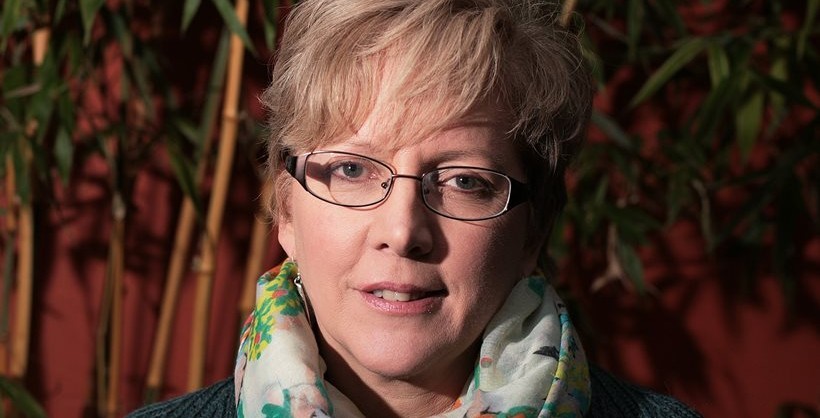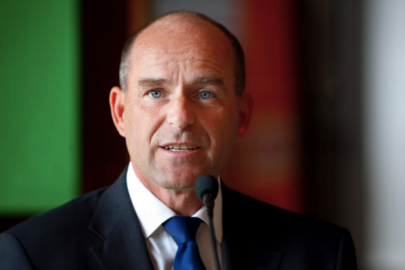A high-profile BBC journalist has quit her role in anger over what she called “incompetent” efforts to close a gender pay gap that has shaken the British public broadcaster.
Carrie Gracie announced that she was refusing a pay increase offered by managers because it would still leave her being paid less than male co-workers in similar jobs.
As China editor, she ran the sprawling broadcaster’s Beijing operation for four years. But she was among hundreds of women left outraged when the 21,000-strong organization revealed in July that it paid its then top male star five times more than its best-paid female host, and that two-thirds of on-air employees earning at least $203,500 were men.
Gracie said she was refusing to “stay silent” because she didn’t want younger women “to have to fight this battle in the future because my generation failed to win it now.”
“Enough is enough,” she wrote in a personal blog post announcing her decision, saying the public-funded BBC was suffering a “crisis of trust” because “it is breaking equality law and resisting pressure for a fair and transparent pay structure.”
Her decision comes a week after Iceland became the first country to force employers to prove they are paying women the same as men, and follows decades of equal pay laws around the world that have done little to narrow the pay gap. The average American woman earns 79 cents for every dollar earned by a man, according to a 2016 Senate inquiry, more than half a century after the Equal Pay Act.
Gracie, who speaks fluent Mandarin, was one of four international editors at the BBC: two men and two women. U.S. editor Jon Sopel earns $270,000 to $337,000 a year, it was revealed in July, while Middle East editor Jeremy Bowen earns $203,000 to $270,000. Neither Gracie nor Europe editor Katya Adler earn enough to qualify for inclusion on the list. Gracie revealed Monday that her annual salary was $180,000.
In her blog post, Gracie said that, after asking for a salary equal to her male co-workers, she was instead offered a raise that “remained far short of equality.”
“Since turning down an unequal pay rise, I have been subjected to a dismayingly incompetent and undermining grievance process which still has no outcome,” she wrote. “Enough is enough. Last week I left my role as China Editor and will now return to my former post in the TV newsroom where I expect to be paid equally.”
Her attack earned widespread support Monday from other women, including Britain’s former deputy prime minister, Harriet Harman.
“Unequal pay continues to thrive in secrecy,” Harman said, adding it was time “for the action from unions, employers and government.”
New laws forcing companies with more than 250 workers to publish pay bands and earnings by gender went into effect in Britain in April.
In an awkward twist, Gracie was scheduled Monday to present the BBC’s flagship morning radio news show with a male co-presenter whose $812,000-$880,000 annual income is almost five times hers and three times higher than the best-paid woman performing the same role.
She was recused from reporting on the story of her own resignation, but later gave an interview to another BBC radio show in which she said the outpouring of support had been “very moving.”
“The scale of feeling, not just among BBC women but more deeply across the country … does speak to the depth of hunger for a fair and transparent pay system,” Gracie said.
“I could not go back to China and collude knowingly in what I consider to be unlawful pay discrimination. Nor could I stay silent and watch the BBC perpetuate a failing pay structure by discriminating against women.”
The BBC, which has already announced an overhaul of pay bands to reduce the gender gap, did not immediately respond to a request for comment.
source: nbcnews.com
































